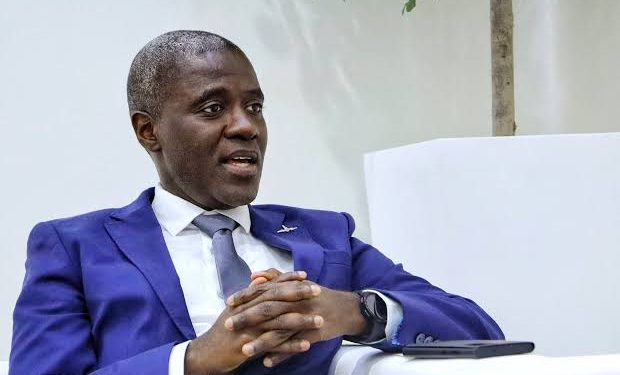The Nigerian Communications Commission (NCC) has unveiled plans for a national cybersecurity framework aimed at fortifying the country’s telecommunications sector against rising digital threats.
The move was announced during a regulatory meeting in Lagos on Wednesday, where Dr. Aminu Maida, Executive Vice Chairman of the NCC, represented by Abraham Oshadami, Executive Commissioner for Technical Services, said the new framework is a strategic response to the sector’s rapid expansion and its growing vulnerability to cyberattacks. Nigeria’s telecom industry has grown from less than 500,000 active lines in 2001 to over 172 million subscribers and 141 million internet users today.
While this growth has driven economic inclusion and development, Maida warned that it has also exposed critical infrastructure to sophisticated cybercriminal activity, particularly against government and private digital assets.
To address this, the NCC is developing a unified cybersecurity structure to build industry-wide resilience. The framework’s objectives include protecting telecom infrastructure, ensuring data privacy, promoting cyber awareness, and aligning with both national and international cybersecurity standards. It also seeks to equip operators with tools to detect, respond to, and recover from cyber incidents, while proactively identifying future risks.
Citing a UN Economic Commission for Africa report, Maida stressed that a 10% improvement in cybersecurity readiness could significantly boost GDP per capita across the continent.
The proposed framework will introduce mandatory cybersecurity requirements for telecom operators. These include guidelines on incident reporting, risk assessment, collaboration with regulators, and information sharing. The initiative is anchored on existing laws such as the Cybercrime Prevention Act of 2015 and the Nigerian Data Protection Act of 2023, which compel critical sectors like telecoms to implement strong digital safeguards.
According to Oshadami, cybersecurity is now a necessity, not a choice. He said the ongoing consultation with industry stakeholders will ensure the framework reflects current operational realities.
Dr. Kazeem Durodoye, CEO of Cybernovr, emphasised the need to consider new technological threats like Open RAN, network virtualisation, and advanced forms of cyberattacks that exploit artificial intelligence and quantum-level computing. He said the framework will tier licensees based on their role in handling sensitive data, ensuring appropriate levels of oversight and regulation.
The framework will soon be circulated among telecom operators for review. Babagana Digima, chairman of the development committee, explained that a baseline assessment will be conducted to understand existing vulnerabilities before rolling out new protections. He reaffirmed the NCC’s commitment to building a secure, robust, and adaptable digital environment for Nigeria’s telecom sector.










